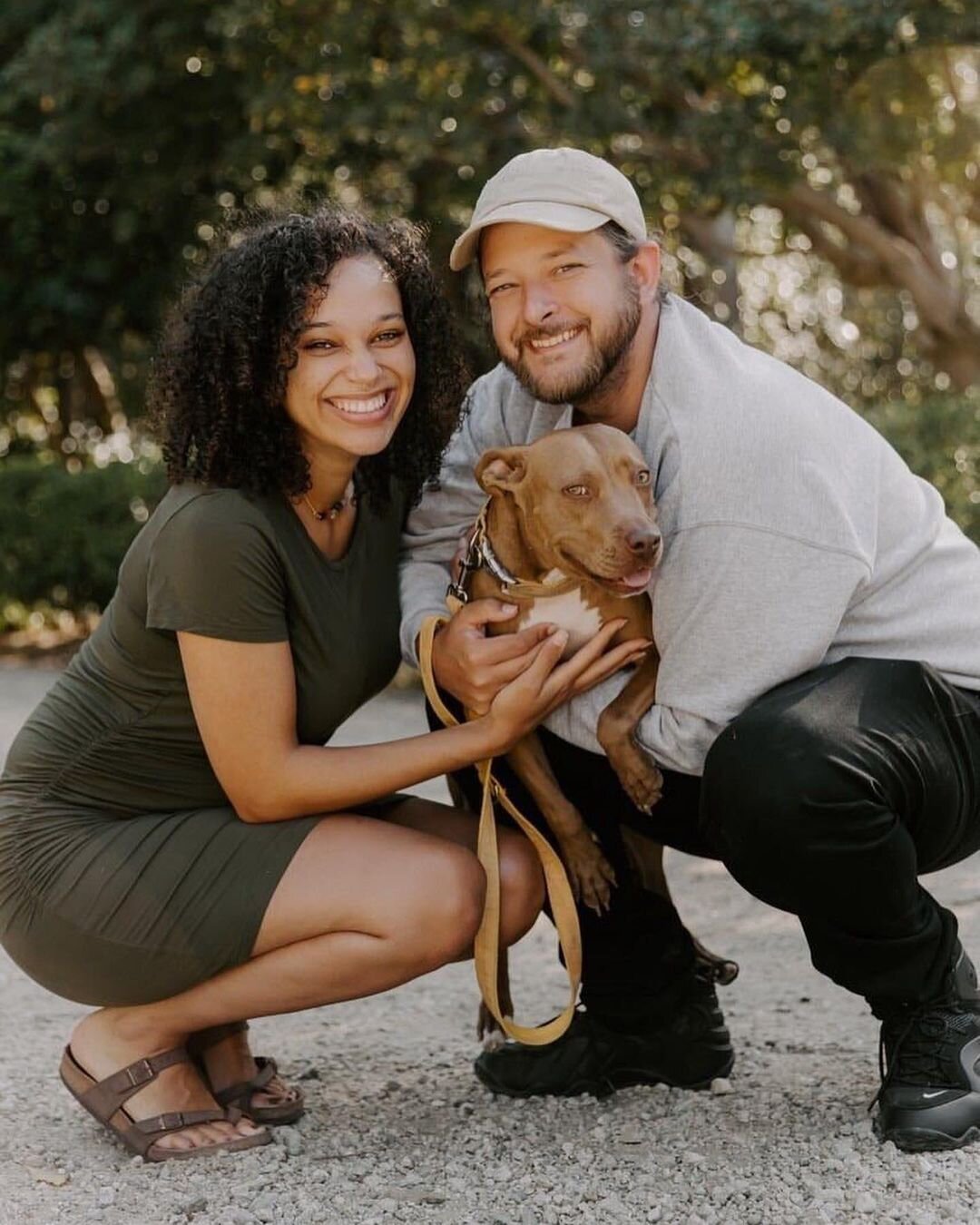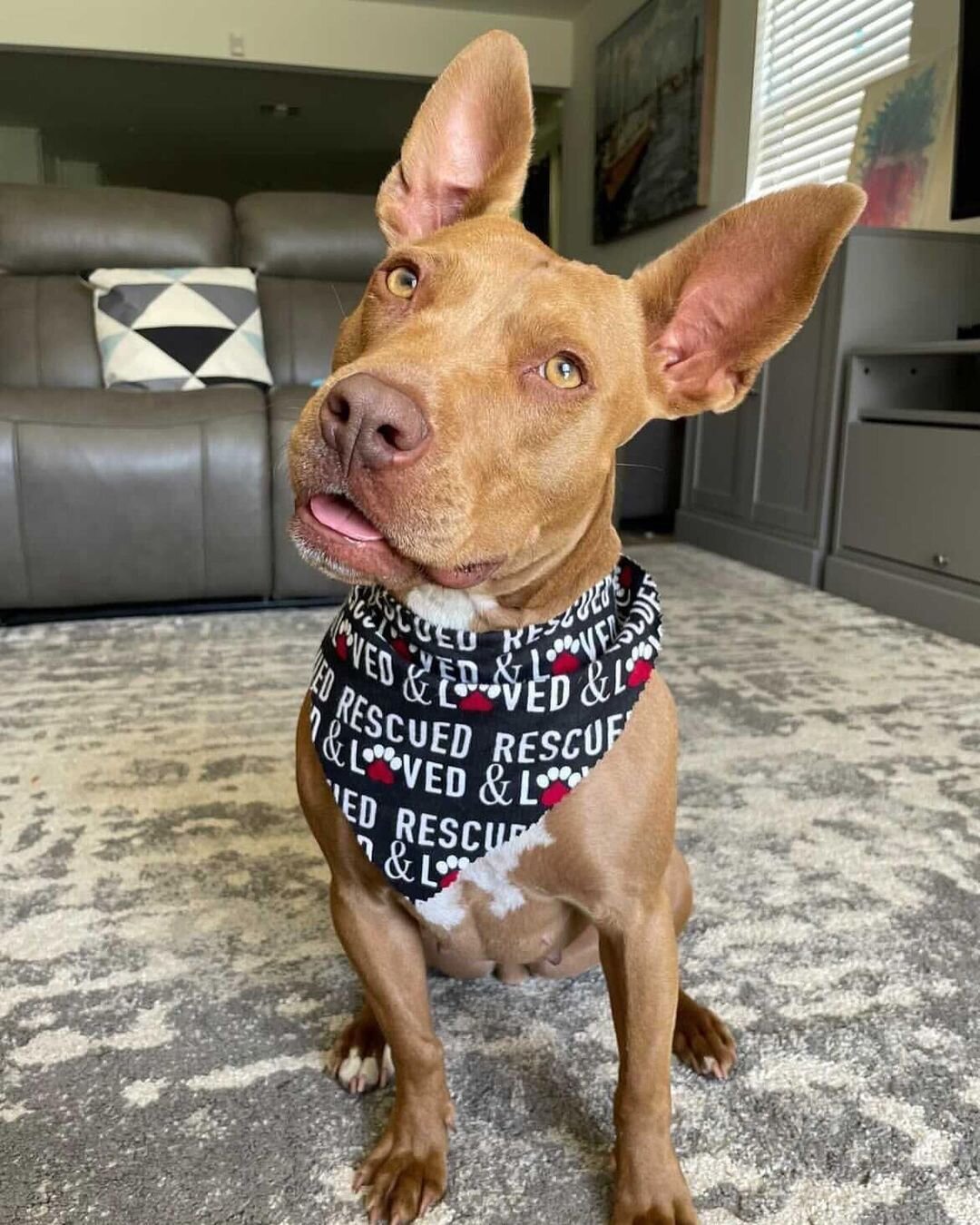11 Questions to Ask Before Adopting a Dog
Adopting a dog is one of the most exciting and life-altering decisions you can possibly make. It will fill your life with more abundant joy and fun than you can imagine, but it’s also challenging. Just like buying a home or starting a (human) family, making sure you’re truly prepared to bring the right dog home is the best thing you can do for them before you even meet.
Our resident dog experts broke down the most important questions to ask — both to yourself and your shelter — before you bring your new life partner home.
Before you go, ask yourself:
What do you hope to find in a new dog?
This will inform the age and stage of your ideal dog: puppy versus young adult versus older dog. It’s also a great indicator of breeds that will complement your lifestyle.
Who's going to care for the dog?
Besides the obvious answer, consider who else may have a key stake or role in your dog’s life. If roommates, partners, or kids are in the foreseeable future, have open and honest discussions around expected divisions of labor and responsibility. Better now than later.
Is your budget ready for a dog?
Between food, care, services, and emergencies, the costs add up. It's important to be honest about your financial situation and ensure your budget allows the best possible life for your dog.
Are you ready for your life to change?
Whether we grew up with family pets or not, people oftentimes underestimate the impact of introducing a new dog into your life. Your life will fundamentally change for the better. Nevertheless, it's going to change. And making sure you're ready to trade your old life for an even fuller one is a question only you can answer.
Ask your shelter employees and volunteers:
What's their history?
Just like humans, a dog’s past partially informs their personality, ticks, and habits. Gather as much possible information about your future dog's history to better understand how their behavioral and training needs might match up with your life.
How did they wind up at the shelter?
Were they a stray, or did the previous owner turn them back in?
How many different homes have they lived in?
Do they have any history of abuse?
It’s critical to ask this question explicitly. Abused dogs require time and lots of patience to re-instill trust of humans and unlearn behavioral defense mechanisms. It’s a great and potentially incredibly rewarding responsibility for any dog owner — and should therefore be properly considered so you know what to expect
Has she been behavior tested? And if so, how extensively?
Most large shelters and rescue organizations perform basic behavior testing to assess the adoptability of their dogs to minimize any chance of needing to put one down. Some extensive behavior tests even analyze which kinds of lifestyles they’re best suited for. Communicate your parameters up front — it’s good for neither if you’re a runner who ends up with a lap dog.
What veterinary care have they gotten since arriving at the shelter?
This one sounds obvious enough, but it's worth knowing how up-to-date your dog is on vaccinations and preventative care. Many shelters and rescue organizations partner with local vets to provide a free first exam within a few days of adoption — be sure to get a written copy of those records too.
Are they housebroken?
You’ll want to know whether your new dog is partially or fully housebroken, or if you should prepare to potty train them from scratch.
What food has he been eating?
Some shelters will send you home with the food your dog's been eating in their care. If not, it's important to ask so you can continue their existent diet for 1–2 weeks before transitioning them to new food.
Will the shelter or rescue organization take them back if it doesn't work out?
It’s the absolute worst-case scenario that no one likes to think about it, but it happens. If extenuating circumstances occur or it’s just not a fit, it’s potentially in the dog’s best interest to find them a new home. Avoid any unpleasant surprises by learning your shelter’s re-homing policies.
Maev Community Member Mariah and her partner started visiting their local shelter in the height of May’s quarantine, they fell in love with an adorable but overlooked Jubi.
“She was in really bad shape, very dirty with cuts and rashes all over her body. We waited for two days before bringing our sweet girl home, but found out when we picked her up that she had a severe case of kennel cough and heart worms. As soon as we brought her home she began to feel comfortable, but it took three months to see her gain some energy. Now she’s all healed and an extremely playful, happy-go-lucky girl! The perfect addition to our little family.”


